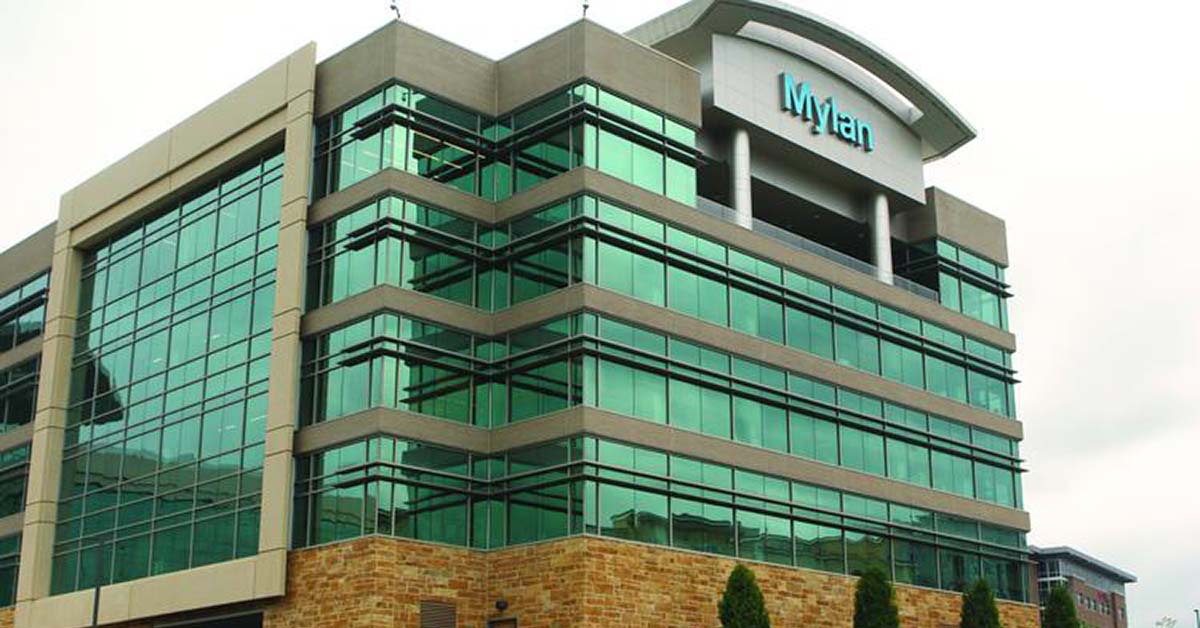Mylan NV told Bloomberg it had received a request for information from the Federal Trade Commission (FTC) as part of a preliminary investigation into the firm’s practices regarding its EpiPen epinephrine auto-injector.
The FTC is investigating whether the firm violated antitrust laws by making small changes to EpiPen in order to extend its patent protection, thus preventing competition from generic versions. The FTC is also investigating whether the firm entered into agreements to delay the introduction of cheaper auto-injectors from coming to market.
Already under pressure from a Justice Department criminal inquiry into price fixing by generic pharmaceutical manufacturers, the firm responded with an e-mail saying, “Any suggestion that Mylan took any inappropriate or unlawful actions to prevent generic competition is without merit.”
The EpiPen now includes a non-removable cap that prevents users from accidentally sticking themselves with the needle. The feature – among others – was added in the last 8 years, extending the device’s patent protection until 2025.
Mylan urged the Food and Drug Administration (FDA) to reject a generic version by Teva Pharmaceuticals because the device had two caps instead of one and was sufficiently different to cause confusion among EpiPen users. The agency did so last year.
Teva executives stated on a recent earnings call that they believe their generic version of the EpiPen will be available in early 2018.
Tammy Duckworth, democratic senator rom Illinois, contacted the Justice Department last year to express her concern regarding Mylan’s EpiPen4Schools Program. Mylan donates four EpiPen’s to schools under the provision that they refrain from purchasing a competitor’s version for a specified period of time, terms that Duckworth fears may be anticompetitive.





